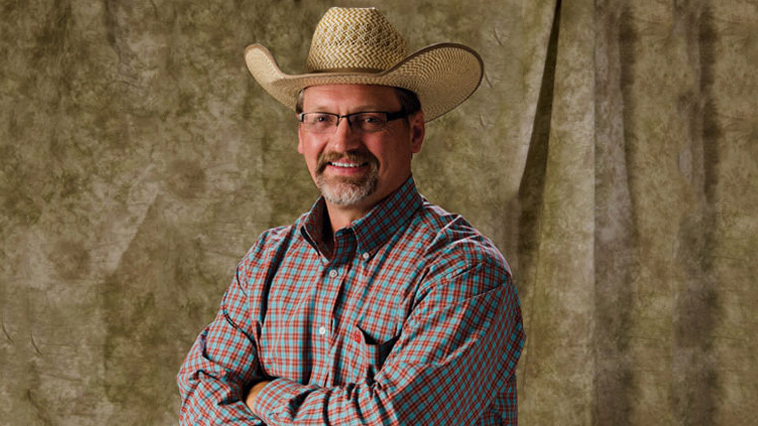


By Billy Smith
The sun-bleached bench near the entrance to my Grandfather Poe’s oilfield construction business was the seat of all wisdom. His business sat on the edge of town, at the end of the road, on the last inhabitable block of First Street. His pocketknife hung from his cracked, dirt-smeared and ashen hands while we pondered the world’s mysteries. I watched him form shapes and images from scrap pieces of grease-coated pine wood. Mystical, it was.
By the time I’d achieve conversation age, he’d put in decades of long hours on the decks of rickety oilrigs and had made a life for himself and his family in business. Even when age had overtaken him, he still worked long hours, but because he owned the business, he could take breaks when he wanted, I supposed. Once you’re the boss, I thought, you can take breaks whenever you want.
So after his construction gangs had left early each morning for the nearby oil fields and he’d fielded a dozen or so phone calls from customers, he’d recline on the seat of all wisdom, on the edge of town, at the end of the road, on the last inhabitable block of First Street. I sometimes wandered by after school. I too sat on the seat of all wisdom on the edge of town, at the end of the road, on the last inhabitable block of First Street. My grandfather philosophized, smoked a few Marlboros, whittled and growled at a few of his rough-hewn roustabouts who stayed around to fix broken machinery.
My people weren’t carvers; they were whittlers. There is a difference: carvers know what they’ll end with; whittlers don’t—every effort is an exercise in the puzzlements of scrap wood, time and an elastic imagination. Carvers use a plethora of tools, while whittlers forge their work with the same folded knife that they cut bologna and cheese, castrate livestock, extricate splinters and unwrap packages. Poe was faithful to his Schrade Old-Timer LumberJack three blade. It was sharp—scary sharp. At times, I thought it might sever one of my fingers just for touching it. Carvers hone their craft using the finest tools and exotic woods; whittlers use whatever they can find. If it’s good for nothing else, it’s good for whittling. Carvers sell their wares; whittlers give away their work.
I keep a small memento on my home office desk from the seat of all wisdom, on the edge of town, at the end of the road, on the last inhabitable block of First Street. Fashioned by Poe’s hands, it reminds me of where I absorbed the riches of those moments on the denim-polished, handmade bench on the edge of town, at the end of the road, on the last inhabitable block of First Street—a sorrel, dirty path down which wisdom flowed in terse uttering, from tobacco-stained lips and dry, cracked ashen hands. I listened for hours, and occasionally asked a question or two:
“Do you whittle because you’re old?”
“I’m not old.”
“You have gray hair.”
“That’s from work. You get gray hair from work.”
“What does gray hair cost?”
“Everything.”
“You must have some money.”
“I got money because I have gray hair.”
“Why do you whittle?”
“Because I got gray hair and I got money and I got time and because I found this piece of wood.”
“What are you making?
“What does it look like to you?”
“It looks like a duck head.”
He carved out a stylized eye where a small knot once protruded, smoothed out the long beak with the edge of his long blade. It was Dadaesque in its most primitive form—somewhere in that block of wood and my imagination was a duck’s head, and Poe was just fine with it.
“Then it’s a duck.”
I placed the duck head among my most valuable possessions. It sat in a shoe box for years next to my Roberto Clemente baseball card that I acquired in a box of Captain Crunch because I was the first of our crew to open the box. That meant I was the first to dig to the bottom where Roberto’s likeness awaited. The music might have died with Buddy Holly, but baseball succumbed when Roberto’s plane crashed … at least it did for me. Vintage bottle caps and sundry treasures that fell into the category of “mine” joined Roberto and my duck head for many years, long after Poe had passed.
There it rested from its servitude as a utilitarian wood scrap for decades until I reacquainted myself with it when I decided to move out on my own. It wasn’t as I remembered it: now, the duck head had an ornate design carved along its edge, almost like an ancient Chinese lotus vine. My dad had been here. He made an occasional appearance at the seat of all wisdom on the handmade bench on the edge of town, at the end of the road, on the last inhabitable block of First Street. He whittled, too.
SHARE THIS